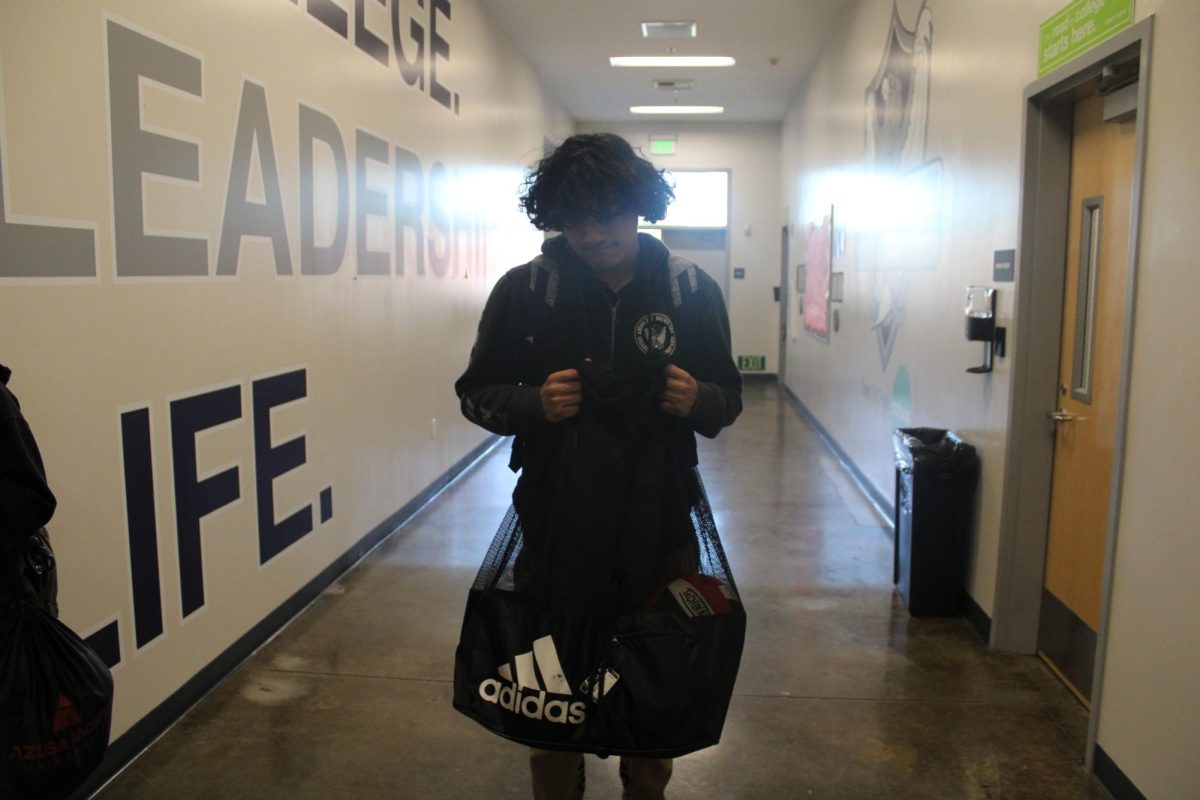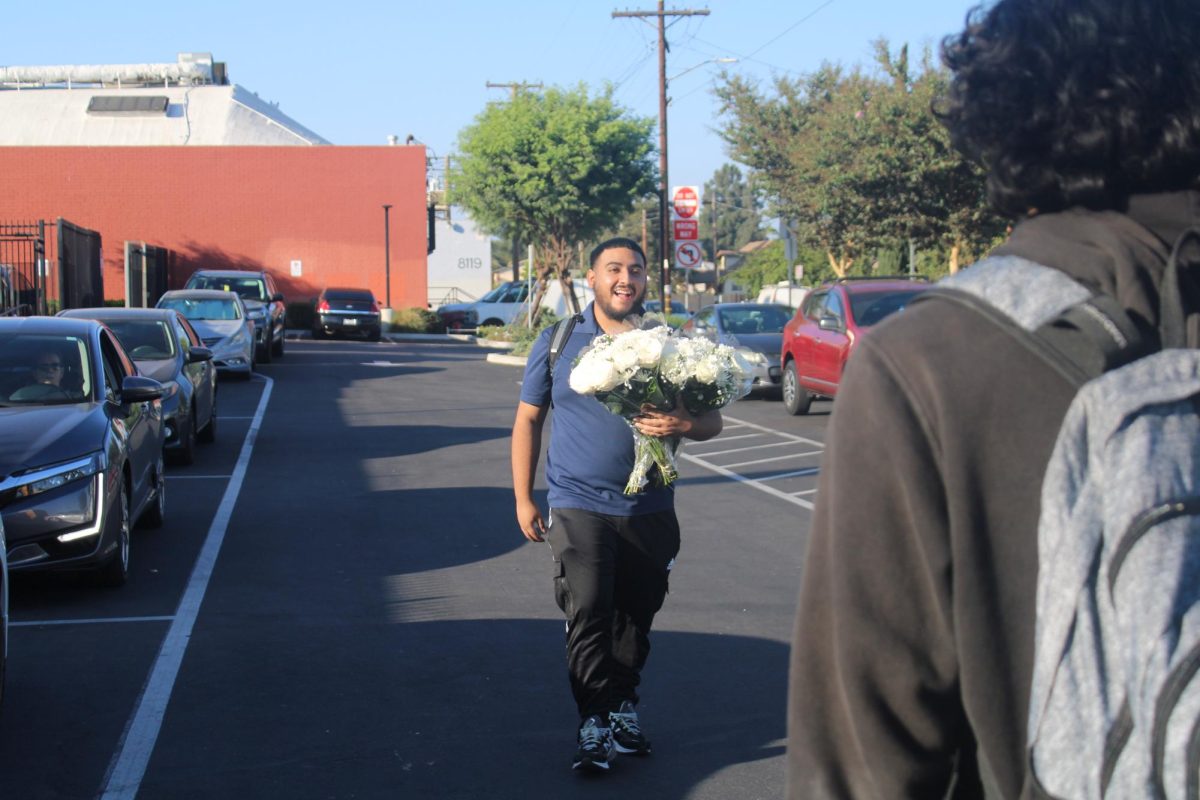By: Lissete Cisneros, Jose Mendoza, and Kimberly Rivera
As a result of the #MeToo movement woman from all over the country have been sharing about their sexual assault experiences publicly after remaining silent for years. This proves that sexual assaults can happen anytime anywhere and it’s an occurrence everyday.
The real question is, what is one way we can reduce sexual assaults within our future generation?
One answer: teach consent. This isn’t exactly a sex-ed lesson, however, it is a lesson based on the idea that it is okay to say that you are uncomfortable and you don’t want to partake in certain activities. It is a lesson that allows children to understand when others are uncomfortable and that forcing people to do something is wrong. Most children grow up being afraid to say “no” and this leads them to end up in uncomfortable situations. Therefore, teaching a child when to say “no”, whether it be to hug or to hold hands with someone else, is a good way to prevent them from being pressured into sex or from being sexually assaulted.
But when should we begin to teach children about consent?
The best way to instill certain habits in children is to do so in their early years when their brains are still developing. While children do not understand the concept of sex and it’s risks, starting with common sense and respect is the way to begin.
Teach them to ask first. Before a child is ready to give a hug or hold someone’s hand, giving physical affection that one might not want, they should ask permission first. Getting a child to grow this respectful habit of asking permission beforehand is sure to prevent them forcing others to be touched and handled in anyway.
Secondly, it is important that children learn to respect the power of the word “no”. According to Amy Hatvany, who published an article with Parents Magazine about the importance of teaching consent to children,”Encourage them to say no, as well, and continue saying it, loud and clear. If their friend doesn’t honor their “no,” tell them that it’s okay to not want to spend time with that person anymore”(Parents). Aside from children accepting that their permission was denied, children should also understand that if one does not want to stop, it is always okay to stop talking to them and to avoid playing with them. So when they are at the age of becoming sexually active or not, they do not feel the need to stay with a person who does not respect their choice.
On the other hand, some people think talking to kids about consent early on will expose them to the ideas of sex too soon. Children are naturally curious, so opening the door with consent will inevitably lead to them asking about more sexual topics.
There is always a way to teach children to respect each other without necessarily calling it consent. It is the idea that problems arise when people who do not know how to respect each other and therefore the best way could be simply teaching children to respect one another.
However, simply teaching them to respect will not ensure that they speak out when they are uncomfortable. To do so, parents must teach kids that their peer must respect them as well. This teaches them self-worth as well as to walk away from uncomfortable situations.
This does not mean that sex will never come up in conversations, but for the early ages, it is best to focus on consent. Then when the time is appropriate, parents can discuss the topic of safe sex.




































